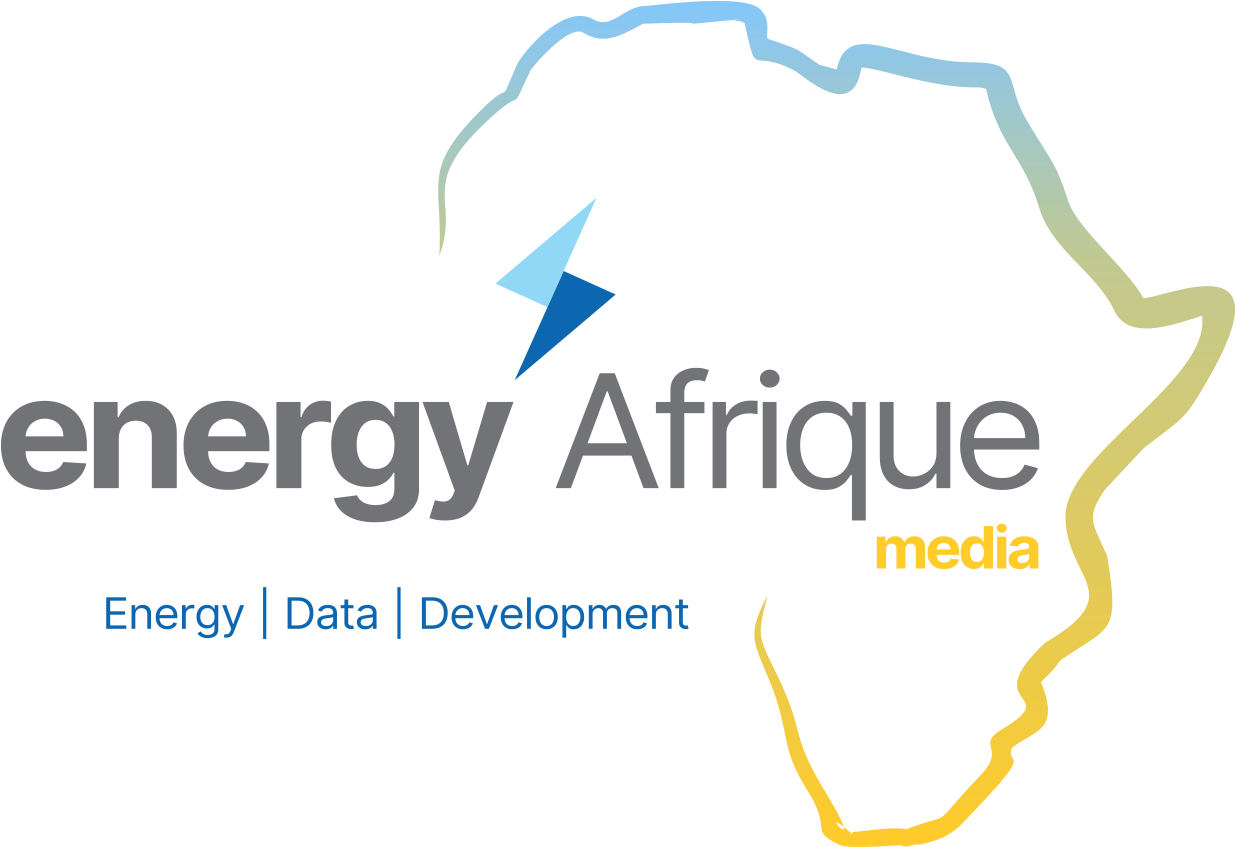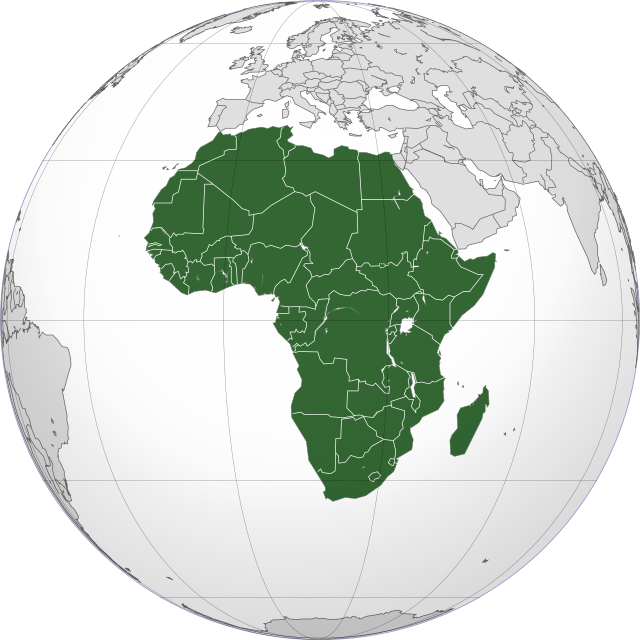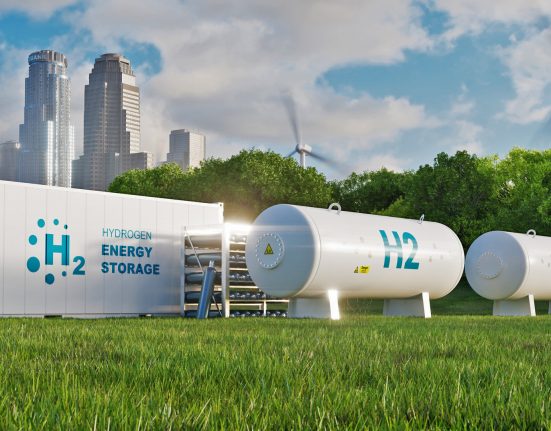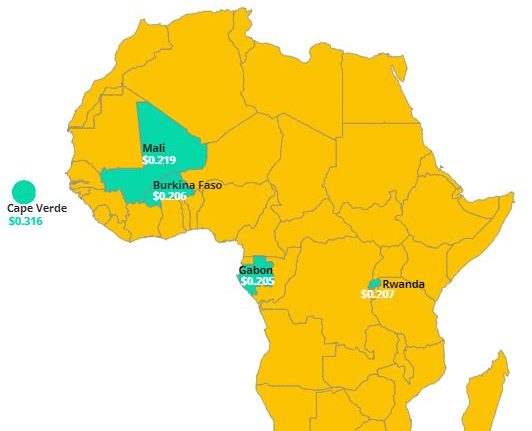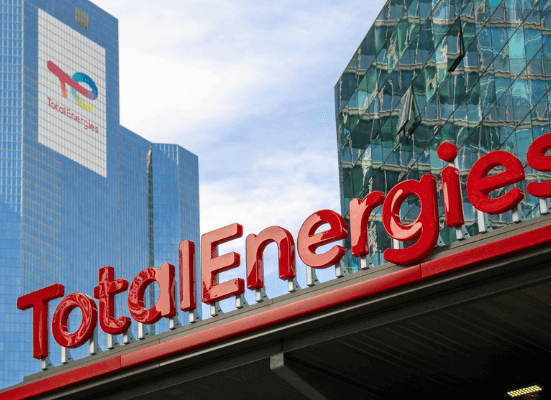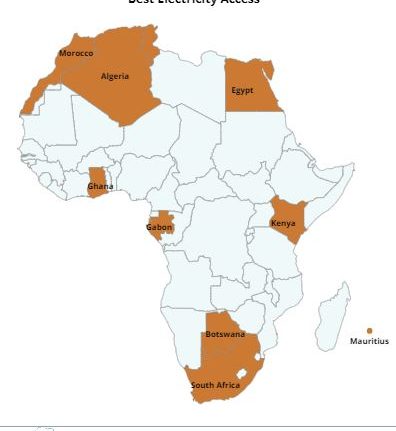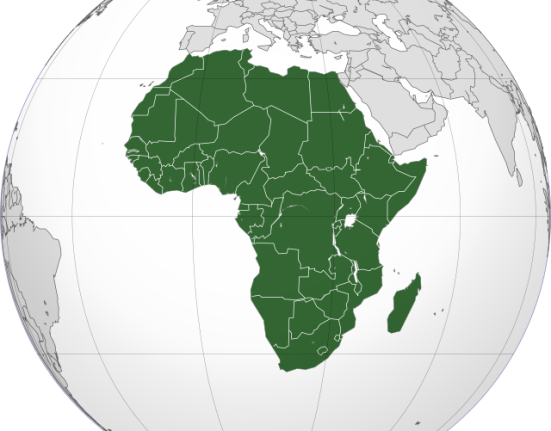The text of the final resolution that emerged from climate talks at COP28 in Dubai this week was a boon for oil and gas players and a reality check for campaigners who want an immediate end to fossil fuel investments.
Given all countries attending the event needed to agree on the resolution’s wording, there was never going to be a situation where developing nations — those heavily reliant on oil and gas revenues, in the throes of tapping new discoveries or just starting to explore — would agree to a formal phasing out of fossil fuels.
It was also a given that Opec and Opec+ members would also never condone such wording.
So, expectations that COP28 would be the first nail in the coffin of oil, gas and coal was wishful thinking, with the final wording only calling on all countries to move away from using fossil fuels.
Some of the loudest voices protesting Dubai’s final resolution have come from wealthy Western nations, many of which have benefited greatly from decades and centuries of fossil fuel exploitation, while dumping almost all the excess carbon dioxide accumulated in the atmosphere to date.
The powerful logic of hydrocarbon-rich or wannabe hydrocarbon-rich developing nations is that the West caused the problem, so they must solve it and pay to deal with an issue largely of their own making.
At the same time, they must allow developing nations to continue exploiting fossil fuels — partly for domestic use — to industrialise their economies.
They argue that the West must axe emissions first, pay reparations to nations affected by global heating and also provide finance for countries — particularly low-lying island states such as Vanuatu and the Maldives — to adapt to the changing climate.
Insufficient funds
These funds will likely be insufficient and will come with all sorts of unwelcome conditions unpopular with developing nations, most of them in hydrocarbon-rich Africa.
COP28 included mentions for so-called transition fuels, such as natural gas, and emissions abating technologies, including carbon capture.
Africa in particular has major gas resources so it will welcome this official recognition in Dubai.
However, despite COP28’s muted call for an orderly move away from fossil fuels, as the years go by, future resolutions against oil, gas and coal from Conferences of the Parties will only get stronger.
Africa, for one, will need to rapidly get its house in order to make the most of its narrowing window of opportunity to tap fossil fuel reserves, leaving the West to lead and pay for decarbonisation efforts.
This is an Upstream opinion article originally published here.
